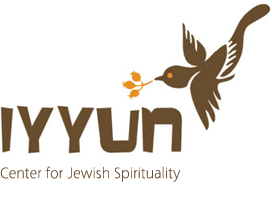Hodu (“give thanks”) is the official beginning of the “Verses of Praise,” and it is here that we ascend to the second rung on the ladder of prayer. This second segment of the prayer corresponds in Kabbalah to the world of formation (yetzirah), and the level of soul known as ruach, which means “spirit” and signifies emotional consciousness.
In this segment of prayer, we continually praise God for the revelation within nature and within history, for the wonders of creation, and for the miracles performed throughout the ages. These verses of praises were instituted for two primary reasons: first of all, to emulate the prayers of Moshe, who first praised God, then asked for his needs. By evoking Moshe’s prayers, our own prayers are thus assisted. And secondly, by praising God, we are inspired and brought into the requisite state of joy.
Overall, this part of prayer is meant to be joyful and recited with an openness of heart. Whereas the word zimra is translated as “praise,” it is also related to zemer meaning to “uproot/cut off.” In these prayers, we cut away all our wrong desires and chip away at negativity. Yet, in so doing, we do not mean to expunge desire itself, rather to change its trajectory—that is, praise of God inspires a radical reorientation of our entire emotional reality.








